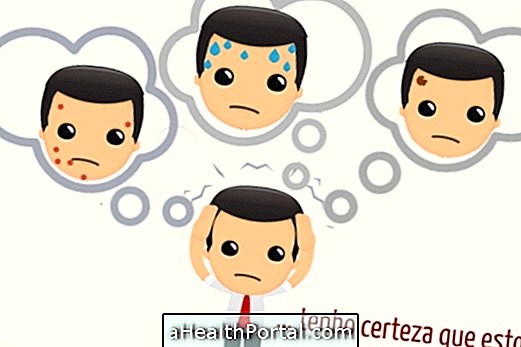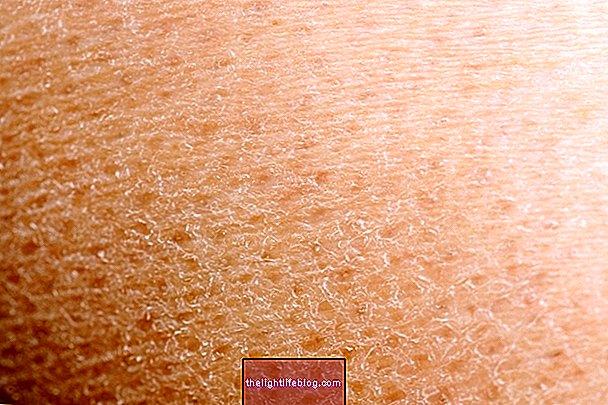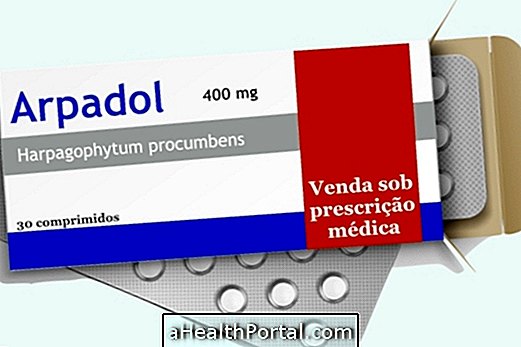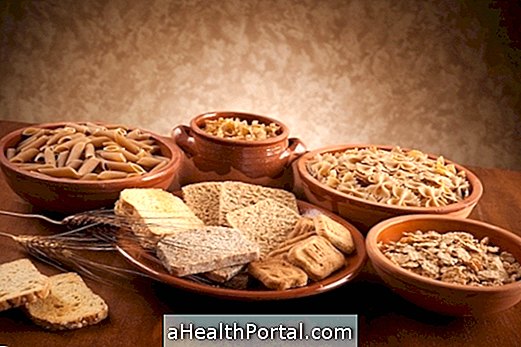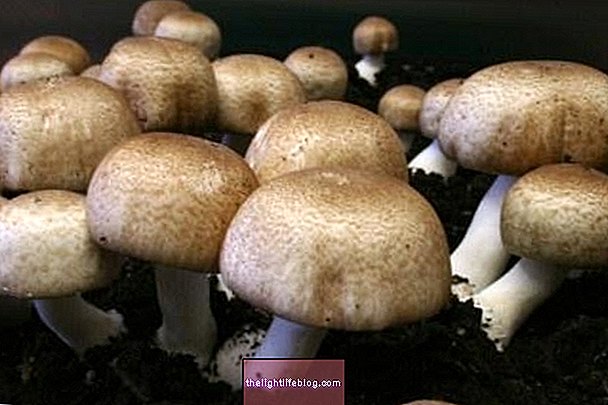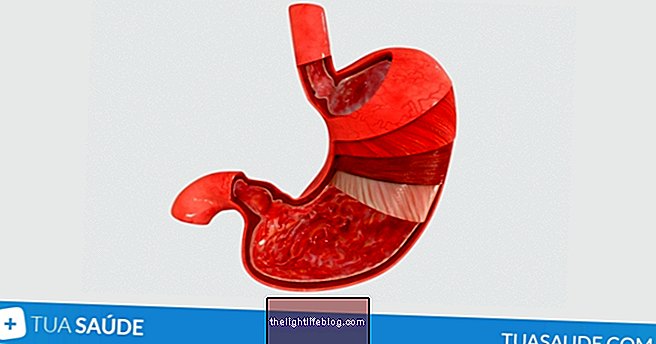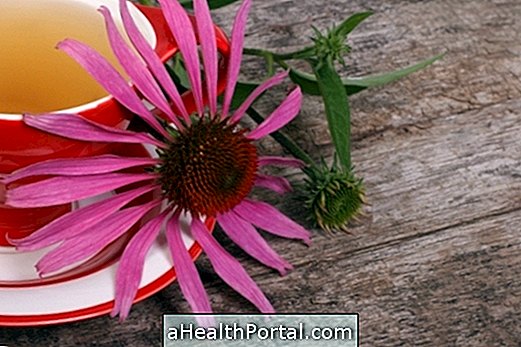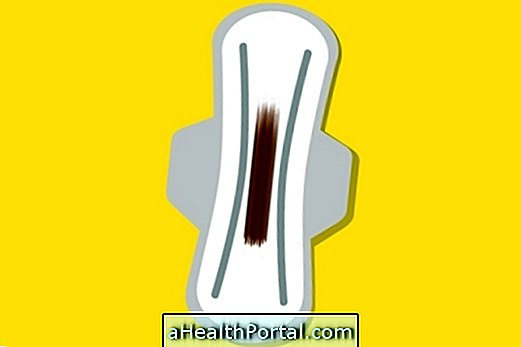The remedy for kidney pain should be indicated by the nephrologist physician after diagnosis of the cause of pain, associated symptoms and assessment of the person's physical condition because there are several causes and diseases that may be at the root of this problem. See the main causes of kidney pain.
However, to relieve symptoms while there is still no conclusive diagnosis, your doctor may recommend pharmacy remedies such as:
- Analgesics such as paracetamol, tramadol or Toragesic;
- Anti-inflammatories, such as ibuprofen, aspirin, diclofenac or nimesulide;
- Antispasmodics, like Buscopan.
In case kidney pain is caused by infection, it may also be necessary to take an antibiotic, for which the bacteria is sensitive. If pain is caused by kidney stones, some remedies for kidney stone pain are Allopurinol, phosphate solutions and antibiotics, and your doctor may also recommend drinking plenty of water.
Often pain in the back, called low back pain, does not always indicate kidney pain and can be mistaken for a muscle pain or spinal pain, which can also be relieved with anti-inflammatory and muscle relaxants, also prescribed by the doctor. It is also important to avoid masking the symptoms with these medicines, to avoid delaying the treatment of a possible disease.

Home remedy for kidney pain
A good home remedy for kidney pain is the boldo tea with camomile and rosemary, as it has diuretic and anti-inflammatory properties, helping to reduce pain. Learn how to do this and other home remedies that relieve kidney pain.
Another alterative of natural remedy for kidney pain is the rock-break tea, which helps eliminate kidney stone. Here's how to make that tea.
During treatment for kidney pain it is also very important to drink about 2 liters of water per day and stand.
